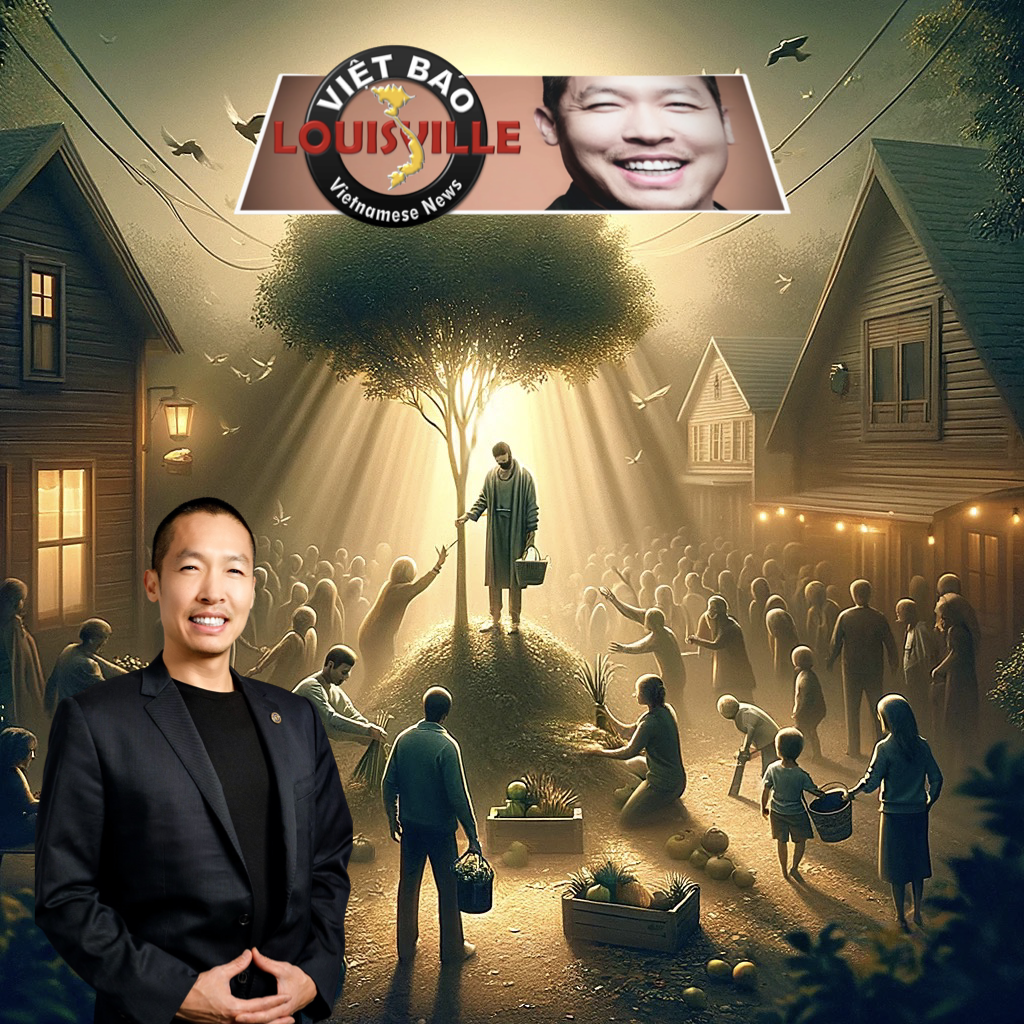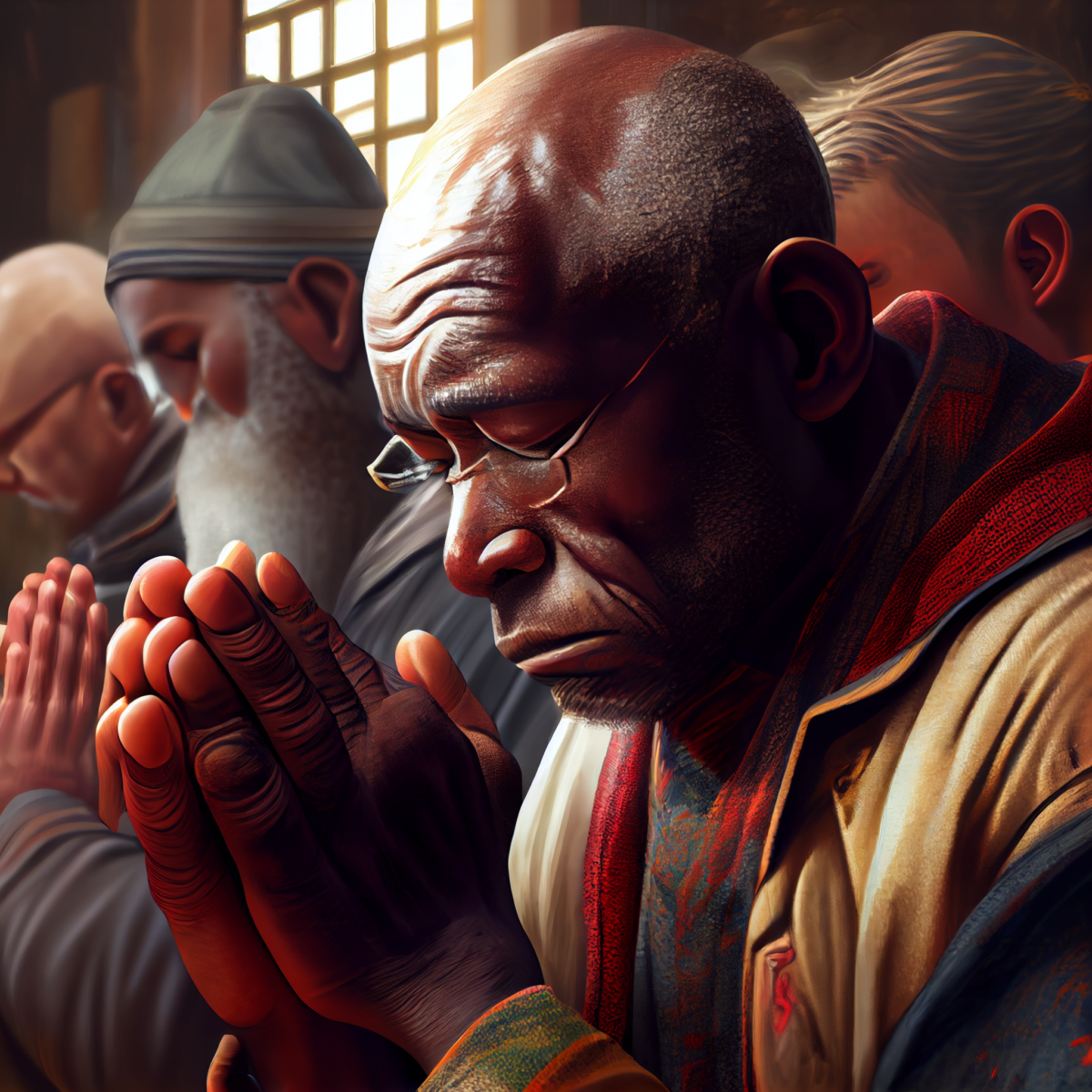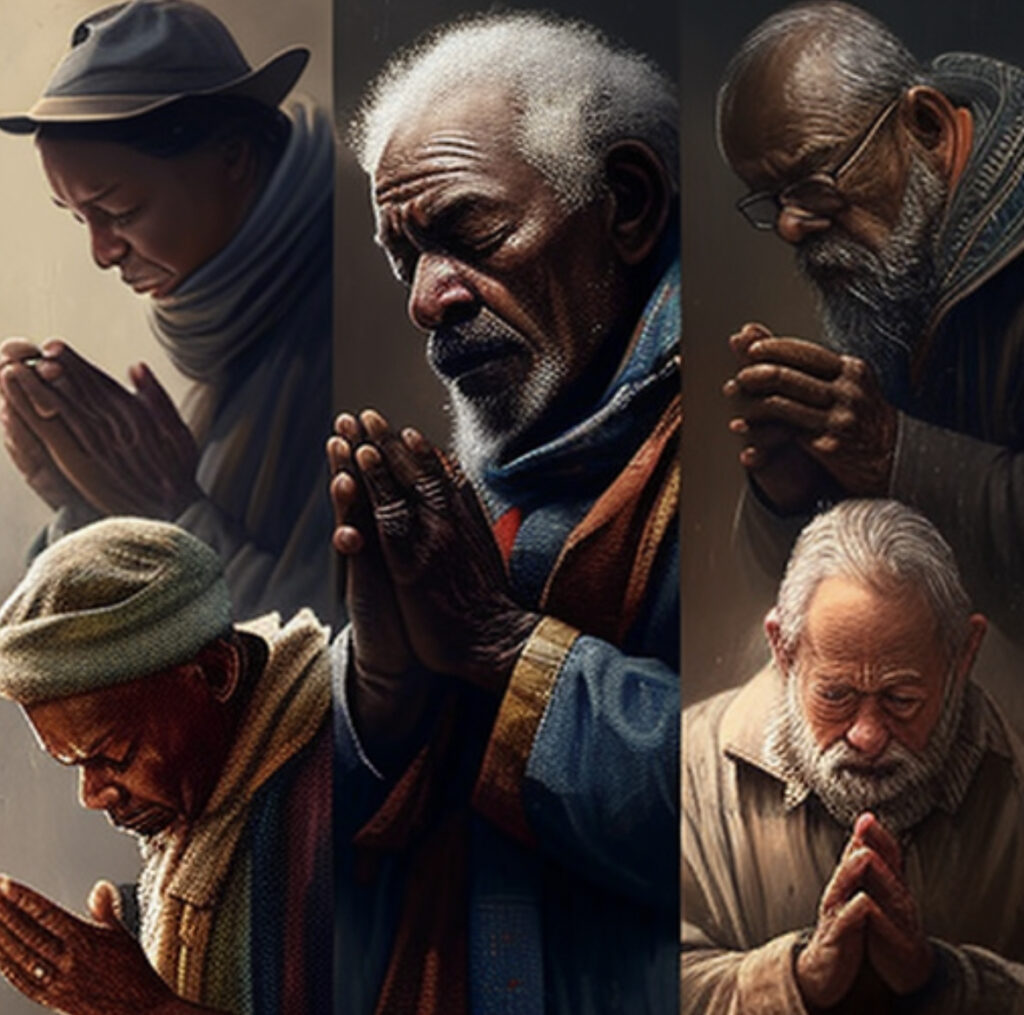In a world preoccupied with the notion of leadership as a position of power and prestige, Di Tran’s journey offers a compelling narrative of introspection and humility. At the age of 41, Tran’s reflection encapsulates a profound understanding of purpose and service, profoundly shaped by the unsung heroes in his life—mentors and leaders who, though rarely recognized as such, embody the true essence of leadership. “God, I wish not to be a leader of all people but to serve all. I wish not to do the biggest thing in the world but the smallest thing that matters and consistently that I can possibly physically, mentally, and intelligently,” Tran muses, a testament to the values instilled in him by those he admires.
These mentors and community leaders, often unnoticed by the masses, operate under a different paradigm of leadership. Their influence on Tran is not marked by grand gestures or public accolades but by quiet, persistent acts of kindness and wisdom shared in moments of need. They are the architects of a leadership philosophy that prizes service over stature, and it is from them that Tran has learned the most valuable lessons of his life.
Tran’s admission of knowing “super little” and his plea for enlightenment, “God, enlighten me as I am so not smart, and I simply wish to be the best learner I can. For your world is complicated,” reveals a humility that is rarely flaunted yet deeply impactful. This humility is not inherent but cultivated, a product of observing those leaders who lead not from the front but from within, those who view leadership not as a means to exert control but as an opportunity to empower and uplift.
The leaders who inspired Tran are the kind who find satisfaction not in recognition but in the realization that they have made a difference, no matter how small. Their leadership style is characterized by listening more than speaking, supporting rather than directing, and teaching by example. They have shown Tran that true leadership is about making oneself available and useful to others, not for the sake of personal gain but for the collective good.
In reflecting on his path, Tran acknowledges that his understanding of leadership and service is deeply influenced by these individuals. Their lessons have taught him that the world’s complexity can be navigated with a simple yet profound approach: serving others in whatever capacity one can, focusing on the small yet significant acts that knit the fabric of community and humanity together.
Tran’s journey and his mentors’ legacy challenge us to reconsider our definitions of leadership. It suggests that perhaps the most influential leaders are those whose names we might never know, who lead not through words but through actions, and whose teachings are not found in textbooks but in the everyday moments of compassion, humility, and service.
Through Tran’s eyes, we are invited to see leadership not as a title to be achieved but as a quality to be lived, highlighting the power of unseen leaders in shaping a world where service and humility are not just valued but celebrated.







